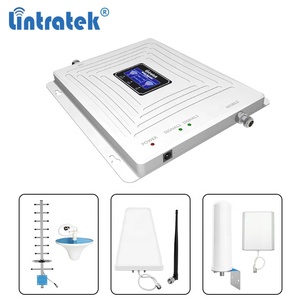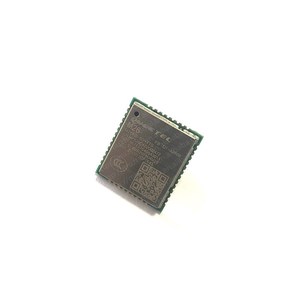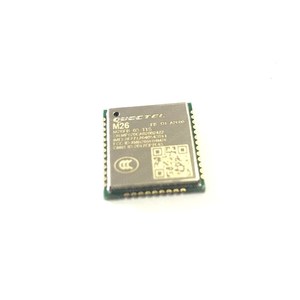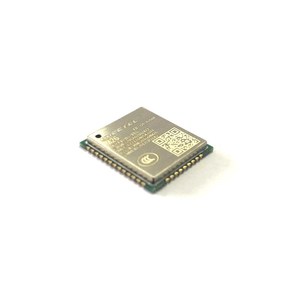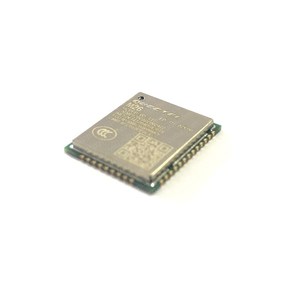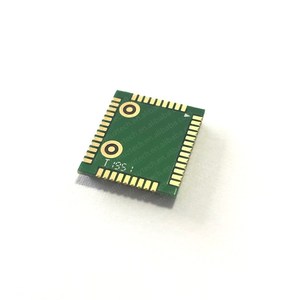Understanding GSM Communicators
A GSM communicator is an advanced device that leverages cellular networks to send and receive messages or alerts, often used in alarm systems and automation services. This technology has revolutionized how we manage security and communication, making it essential for businesses that prioritize safety and efficiency.
Types of GSM Communicators
GSM communicators come in various types to meet specific needs across different sectors. Here are some of the most common types:
- Standalone GSM Communicators: Designed for individual use in security setups.
- Integrated GSM Communicators: Built into existing alarm systems and devices.
- Multi-channel GSM Communicators: Capable of handling multiple signals, ideal for large facilities.
- Sim card-based GSM Communicators: Utilizes a SIM card for connectivity to mobile networks.
Features of GSM Communicators
The functionality of GSM communicators is enriched with diverse features that enhance their operational efficacy:
- Real-time Notifications: Instantly alerts users via SMS or calls upon alarm trigger.
- Remote Access: Allows users to monitor and control systems from anywhere using mobile apps.
- Multi-language Support: Offers user-friendly interfaces in various languages.
- Integration with Smart Devices: Works seamlessly with smart home technology and IoT devices.
Applications of GSM Communicators
The versatility of GSM communicators means they can be utilized across various industries and applications:
- Home Security Systems: Used to send alerts for unauthorized entry and detection of fires or gas leaks.
- Industrial Monitoring: Enables real-time monitoring of equipment and machinery to prevent downtime.
- Agriculture: Employed to monitor environmental conditions, such as temperature or humidity, in greenhouses.
- Healthcare: Used in patient monitoring systems to alert caregivers about critical changes in patient conditions.
Advantages of Using GSM Communicators
The adoption of GSM communicators offers several benefits that enhance security and operational efficiency:
- Cost-effective: Eliminates the need for costly landline installations, relying instead on cellular networks.
- High Reliability: Provides consistent communication capabilities even during power outages.
- Easy Installation: Simple setup process allows users to install devices without professional help.
- Scalability: Supports the addition of more devices as required without compromising functionality.

















